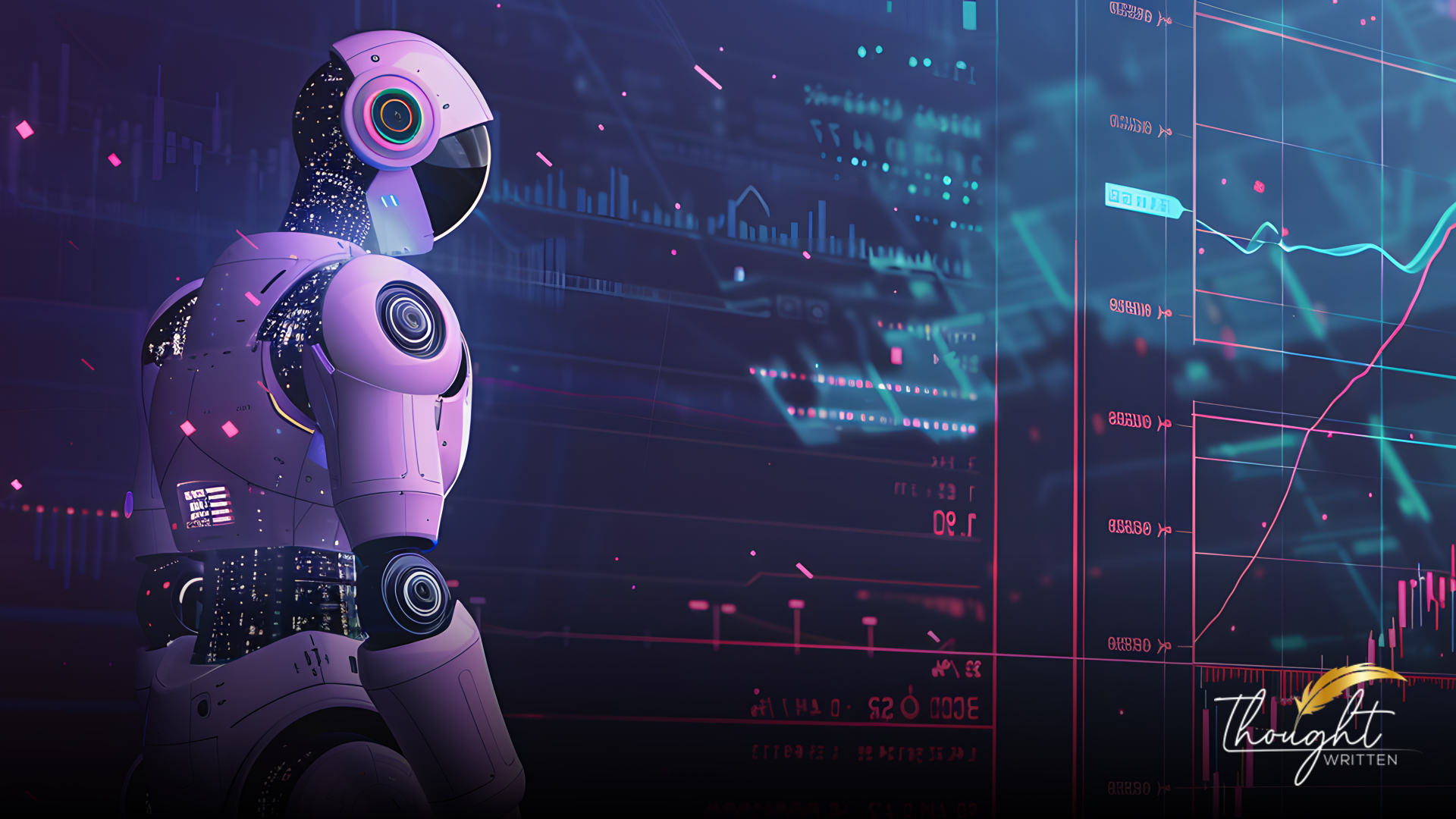The history of technology is an epic tale of human innovation and ingenuity. It’s a narrative that spans millennia, from the discovery of fire to the age of artificial intelligence. In this blog, we’ll embark on a fascinating
The Future of Artificial Intelligence

Artificial Intelligence (AI) has grown from a fascinating concept into an indispensable part of our daily lives. From virtual assistants like Siri and Alexa to advanced medical diagnostics and self-driving cars, AI is revolutionizing industries and redefining human potential. But as we stand at the brink of 2025, the question remains: What’s next for AI, and how will it shape our future?
In this blog, we’ll explore the key trends, innovations, and challenges in the world of AI as we look beyond 2025.
1. The Rise of Generative AI
Generative AI, the technology behind tools like ChatGPT and DALL·E, is expected to dominate the next wave of AI advancements. By 2025 and beyond, these systems will become more sophisticated, capable of creating hyper-realistic images, videos, and even entire virtual worlds.
Applications : Content creation, entertainment, marketing, and personalized education.
- Challenges : Ethical concerns about deepfakes, copyright violations, and misinformation.
To address these issues, regulations and AI ethics frameworks will become a central focus. Developers will also work to ensure transparency and accountability in AI-generated content.
2. AI and Healthcare: Precision at Its Peak
Healthcare is one of the industries poised to benefit the most from AI. By 2025, AI will likely drive innovations in personalized medicine, enabling treatments tailored to an individual’s genetic makeup, lifestyle, and health data.
- Key Developments:
- AI-powered diagnostic tools capable of detecting diseases like cancer at earlier stages.
- Advanced robotics assisting in surgeries with unparalleled precision.
- Wearable AI devices monitoring real-time health metrics and predicting potential issues.
While these advancements promise better outcomes, they also raise concerns about data privacy, accessibility, and the cost of AI-driven treatments.
3. AI and Sustainability: A Greener Tomorrow
With the increasing focus on sustainability, AI will play a pivotal role in addressing global challenges such as climate change, resource management, and waste reduction.
- AI in Action:
- Smart farming systems optimizing water usage and crop yields.
- AI-powered energy grids promoting renewable energy and reducing carbon footprints.
- Advanced recycling systems that sort and process waste more efficiently.
By 2025, we can expect AI to become a driving force behind environmental sustainability, helping governments and businesses achieve their green goals.
4. AI and the Workforce: Collaboration, Not Replacement
The fear of AI taking over jobs has been a common narrative. However, the future of AI points toward collaboration rather than replacement.
- What to Expect:
- AI automating repetitive tasks, allowing humans to focus on creative and strategic work.
- The rise of new job roles like AI trainers, ethicists, and explainability experts.
- AI-powered tools enhancing productivity across sectors such as education, finance, and logistics.
Upskilling and reskilling programs will become essential as the workforce adapts to the AI-driven landscape. Governments and organizations will need to work together to ensure a smooth transition.
5. Ethical AI: Striking the Right Balance
As AI systems become more powerful, ensuring their ethical use will be critical. Issues like bias in AI algorithms, transparency, and decision-making accountability will take center stage.
- Key Initiatives:
- Development of globally accepted AI ethics guidelines.
- Building explainable AI models to enhance trust and understanding.
- Tackling bias to ensure fair and inclusive outcomes for all users.
By 2025, we can expect stricter regulations and greater collaboration between governments, tech companies, and civil society to create a responsible AI ecosystem.
6. AI in Everyday Life: Smarter Living
AI will continue to integrate seamlessly into our daily lives, making everything from smart homes to urban transportation systems more efficient and user-friendly.
- Future Innovations:
- AI-powered home assistants that understand context and emotions.
- Autonomous vehicles becoming mainstream, transforming how we commute.
- AI-driven urban planning optimizing traffic flow and energy consumption.
These advancements promise unparalleled convenience but also demand robust cybersecurity measures to protect users from potential risks.
7. The Evolution of AI Education and Accessibility
The democratization of AI will be a significant trend by 2025. As AI tools become more accessible, individuals and small businesses will leverage them to unlock new opportunities.
- Initiatives to Watch:
- Open-source AI platforms encouraging innovation and collaboration.
- Online courses and workshops making AI education available to everyone.
- Governments investing in AI literacy programs for a more informed society.
This widespread accessibility will foster a culture of innovation, enabling more people to contribute to AI’s growth.
8. Quantum AI: The Next Frontier
Quantum computing and AI are set to intersect, opening up possibilities that were once considered science fiction. By 2025, the combination of these technologies could revolutionize fields like drug discovery, materials science, and cryptography.
- Potential Impact:
- Solving complex problems at unprecedented speeds.
- Enhancing machine learning models with exponential computing power.
- Strengthening cybersecurity through quantum encryption.
Although still in its infancy, Quantum AI holds immense potential for the decades ahead.
9. Global Collaboration for AI Development
The future of AI will be shaped not just by technological advancements but also by global collaboration. Countries will need to work together to establish standards, share knowledge, and address the challenges of AI deployment.
- Key Areas of Focus:
- Bridging the AI development gap between nations.
- Promoting inclusivity in AI research and innovation.
- Tackling global challenges like pandemics and natural disasters with AI-driven solutions.
This collaborative approach will ensure that AI benefits humanity as a whole, rather than creating divides.
Challenges on the Horizon
While the future of AI looks promising, it’s not without challenges:
- Data privacy and security concerns will remain at the forefront.
- The risk of over-reliance on AI, potentially eroding human creativity and decision-making.
- Ethical dilemmas, such as AI in warfare or its misuse for surveillance.
Addressing these issues will require a collective effort from policymakers, technologists, and society at large.
As we look toward 2025 and beyond, the potential of AI is boundless. From transforming industries to solving global challenges, AI is set to redefine what’s possible. However, with great power comes great responsibility. Ensuring ethical, inclusive, and sustainable AI development will be key to unlocking its true potential.
The future of AI is not just about technology—it’s about humanity. By embracing AI with an open mind and a cautious approach, we can pave the way for a brighter, smarter, and more equitable world.
Let’s gear up for a future where AI doesn’t just coexist with us but enhances our lives in ways we’ve yet to imagine. The journey ahead is exciting—are you ready for it?





